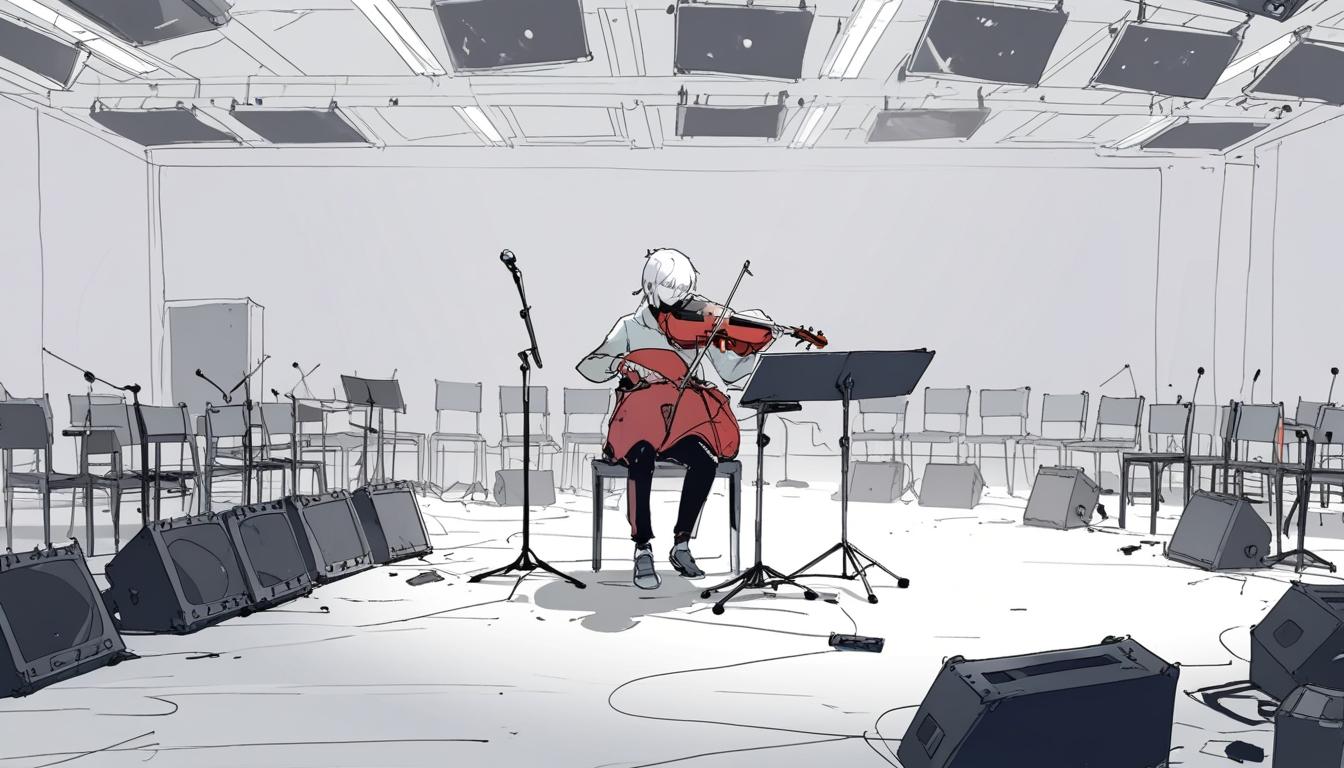The ongoing debate around the UK government's proposed AI bill has taken a significant turn, particularly regarding plans to implement an "opt-out" framework for generative model training. Critics have voiced serious concerns about the implications of allowing technology companies to use copyrighted works without explicit permission from creators. Following substantial opposition from the music and wider creative industries, the government has faced what has been described as a heavy defeat with a key amendment to the bill.
The proposed legislation initially aimed to simplify the process for AI developers, permitting the usage of protected works as training data unless copyright holders actively opted out. However, prominent figures such as Sir Paul McCartney, Elton John, and a host of other industry leaders have rallied against this approach, fearing it would undermine creators' rights and jeopardize the UK's esteemed creative sector. A notable letter signed by over 400 artists and media executives urged Prime Minister Sir Keir Starmer to advocate for stronger copyright protections in response to the potential exploitation of creators' work by AI firms.
As the backlash grew, a revised amendment gained momentum, designed by Baroness Beeban Kidron. This amendment proposes that AI developers must now disclose the specifics of the copyrighted materials used in training their models. More crucially, it shifts the burden onto developers, requiring them to seek approval from copyright owners before including any of their works—a significant departure from the original opt-out model. This legislative change reflects mounting pressure from artists, who argue that stronger protections are not just necessary for their rights but integral to preserving the UK's creative economy, estimated at a remarkable £125 billion annually.
In a striking protest against the legislation, over 1,000 musicians—including Kate Bush and Cat Stevens—released a silent album entitled 'Is This What We Want?', which symbolically underscores the silence that could fall over the arts due to these changes. The album showcases empty studio recordings, illustrating the potential void left in the creative landscape should artists’ rights be undermined. As musicians unify in their opposition, the protest extends beyond music, with voices from across literature and film echoing the call for sensible legislation.
Many argue that the proposed changes illustrate a troubling trend towards prioritising corporate interests over creative integrity. Experts from the University of Cambridge cautioned that the government’s proposed "rights reservation" model communicates a disconcerting message: that the profitability of the tech industry is more valuable than the work of individual creators. They advocate for a system that enshrines the rights of individuals, ensuring that original creators remain at the forefront of any discussion regarding AI and copyright.
As the amended bill makes its way to the House of Commons for further debate, the fate of the UK’s artists hangs in the balance. The industry remains adamant that any regulatory framework must not only protect their works but foster a sustainable environment that encourages creativity and innovation in both the art and technology sectors. With the stakes believed to extend far beyond immediate profits, the call for a more equitable approach to copyright amid the rise of generative AI has become increasingly urgent. The conversation surrounding this issue will likely intensify as negotiations unfold, reflecting broader societal values regarding creativity, ownership, and the future of artistic expression in an age increasingly defined by artificial intelligence.
Reference Map
- Paragraphs 1, 2, 3, 4, 6, 7
- Paragraphs 2, 4, 6
- Paragraph 3
- Paragraph 6
- Paragraph 6
- Paragraphs 1, 5
- Paragraph 1, 5
Source: Noah Wire Services
